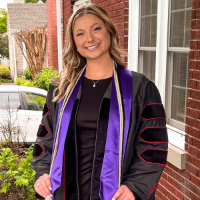Carrollton Misdemeanor Lawyer, Kentucky
Sponsored Law Firm
-
 x
x

Click For More Info:
-
Law Office of Mark S. Guralnick
55 Madison Avenue 4th Floor Morristown, NJ 07960» view mapCriminal Defense Law Dedicated. Fearless. Successful.
Mark S. Guralnick and his legal team have helped clients throughout the USA and across the world by applying unparalleled dedication and hard work to each case.
800-399-8371
Not enough matches for Carrollton Misdemeanor lawyer.
Below are all Carrollton Criminal lawyers.
Sean P. Paris
✓ VERIFIEDDivorce & Family Law, Litigation, Real Estate, Estate, Criminal
Serious representation for when it matters the most. Call me now!
Mr. Paris has over 24 years' experience in both family law and civil litigation matters. He has received a Martindale-Hubbell top AV rating for attorn... (more)
Jazmyn Sierra Wood
✓ VERIFIEDDivorce & Family Law, Litigation, Real Estate, Criminal
Jazmyn Wood is a practicing lawyer in the state of Kentucky handling family law matters.
Crystal Lyn Heinz
Class Action, Federal Appellate Practice, Criminal, Civil Rights
Status: In Good Standing
 Mark Guralnick Morristown, NJ
Mark Guralnick Morristown, NJ AboutLaw Office of Mark S. Guralnick
AboutLaw Office of Mark S. Guralnick Practice AreasExpertise
Practice AreasExpertise


